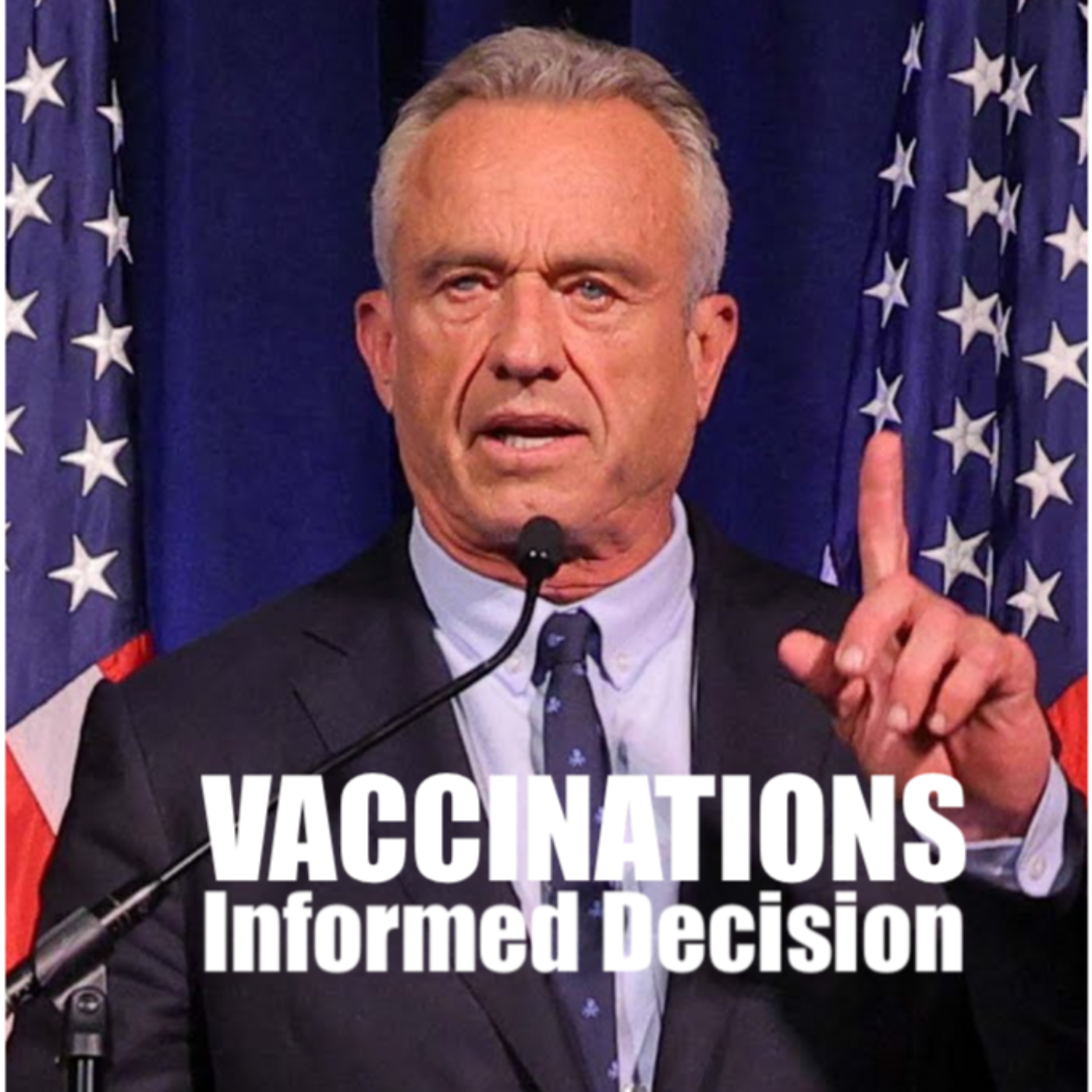Navigating Health Decisions: Vaccination, Fear, and the Promise of Informed Choice
- Author
- Kadiyali Srivatsa
- Published
- Thu 05 Jun 2025
- Episode Link
- https://rss.com/podcasts/srivatsa/2060386
Discussions surrounding vaccinations have become increasingly controversial. While vaccination is widely considered one of the most effective ways to protect individuals and communities from potentially harmful diseases, especially for infants, children, and teens, reasons for vaccine hesitancy or refusal are varied. Some unfounded fears stem from a retracted 1998 paper that suggested a link between the measles-mumps-rubella (MMR) vaccine and autism. Other factors include a general distrust of medical and pharmaceutical establishments, fear of adverse effects, apathy, perceived low susceptibility to illness, or distrust linked to political reasons. This reluctance can have significant public health consequences, as herd immunity often requires high vaccination rates, and a lack of vaccination against preventable diseases ultimately contributes to increased antimicrobial use and accelerates antimicrobial resistance (AMR).
Fear as a Tool for Control
The use of fear has a long history in influencing human behaviour, a concept profoundly explored by Niccolò Machiavelli. In his writings, particularly The Prince, Machiavelli emphasized that fear is a powerful and constant emotion, often more reliable than love, which is described as fickle. He argued that whoever possesses power also has the right to command, and that fear holds people fast by a dread of punishment that never passes. Machiavelli's political theory suggests that authority is meaningless without the power to enforce it, and he separates the realm of politics from traditional ethics.
These Machiavellian principles, centered on the strategic application and manipulation of fear for control and compliance, can be seen in various aspects of life, including medicine and public health messaging. Historically, medical professionals have wielded knowledge and authority, sometimes employing fear to compel patients to follow treatment regimens or preventive measures. Public health campaigns often utilize fear-based messaging, highlighting the dire consequences of diseases or neglecting health advice to motivate individuals towards desired health behaviors, such as vaccination.
While fear can be an effective motivator, its use raises ethical questions about manipulating patient autonomy and free will. It can lead to compliance based on anxiety rather than a truly informed choice, foster distrust, and create power imbalances in the patient-provider relationship.
Dr. Maya GPT: Empowering Informed Decisions
In contrast to fear-driven compliance or passive dependence on external authorities, Dr. Kadiyali Srivatsa has developed Dr. Maya GPT as a tool aimed at empowering individuals to make informed decisions about their health. This AI-powered health assistant is designed to help people understand their symptoms and take informed action, moving away from a system that fuels dependency and panic.
Using Dr. Maya GPT for Informed Decisions
When faced with complex or controversial health decisions, such as those involving vaccinations, Dr. Maya GPT offers an alternative pathway to navigate information. Instead of relying solely on potentially fear-driven public health messages or being paralyzed by anxiety and distrust rooted in misinformation, individuals can use the app to better understand their specific health concerns or those of their loved ones.
